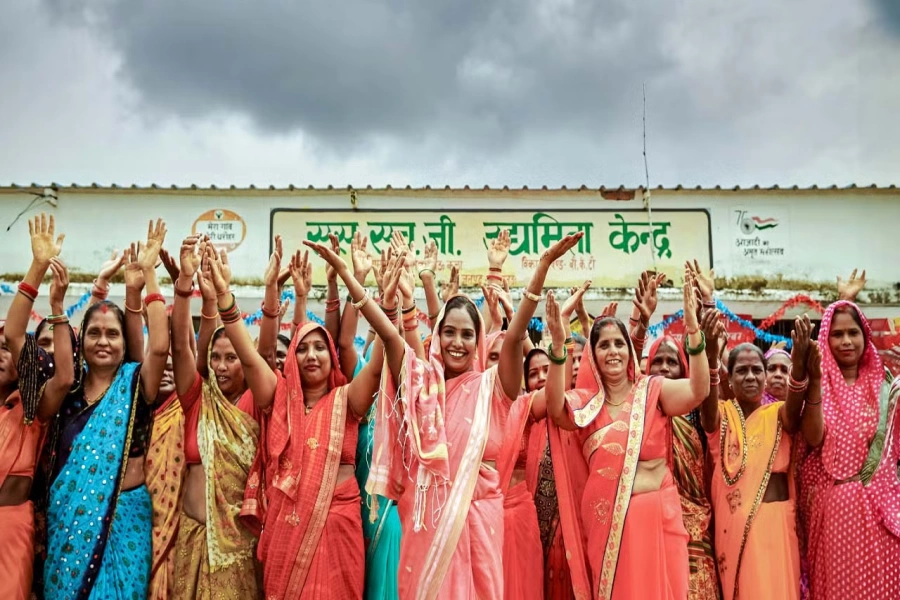For quite a while now, women empowerment has been a much-discussed topic. All of us are now aware of how empowering women can bring about social and economic change in the nation. Inspired by these concepts of women empowerment, three sisters Nicky, Dicky and Lucky Chhetri established Empowering Women of Nepal.
Empowering Women of Nepal (EWN) is a nonprofit company that works with marginalized women to make them independent and decisive through sports and tourism. They basically offer education and training about guiding and trekking to women and girls further providing them with job placements later on as well. “Tourism is said to be a male-dominated field in Nepal. And we wanted to change this perspective and teach people to appreciate women in this sector,” says Lucky Chhetri, one of the founder members of EWN.
Chhetri mentions that the idea for EWN came to them one evening at their guesthouse when tourists there were discussing the lack of female guides in Nepal. The bitter experiences they were talking about really made her think and she established EWN as soon as she could. Being a mountaineer herself, she had a good idea about the mountain routes and training procedures. Using this as leverage, they easily managed instructors and visited the rural sides to provide education to disadvantaged women there.
Data for public policy

But the toughest job for them was to make their trainees believe in themselves and their abilities. “We individually concentrate on each girl and their progress. They are trained for months until we feel they are fully prepared. But it is very disappointing to know that they do not want to continue it anymore after one trip because of the same narrow mindset that dominates our society,” she says.
Initially, EWN sustained itself through donations from many other organizations. However, later on donations alone weren’t enough. To manage their financial problem, the Chhetri sisters also established a trekking agency, 3 Sisters Adventure Trekking. The agency and organization now work in partnership. While the organization is responsible for producing qualified female guides, the agency looks after paid apprenticeship and job placements for those women. It also raises the fund to support the various programs of the organization.
Twice a year, during the off-seasons of trekking, EWN organizes free Female Guide Training Programs for girls above 18. Here there are courses on trekking, environment, and geography and topics like women’s right, health issues, leadership, sanitation and English for communication are also covered. Other than that, some major programs carried out by EWN are Girls Leadership Trainings (GOAL), Community Developments Trainings, scholarships program for deserving high school students and Rock or Ice-Climbing training. Regardless of the types of program, their major aim is to uplift the situation of women in our society.
“In tourism, women get to learn practically rather than on theoretical courses. Especially for those women who are always bound by their household and family, it can be quiet exciting and adventurous,” she says. Currently, 3 Sisters Adventure Trekking employs over 100 female guides every trekking season. The results of their projects too have been very satisfying. However, the most displeasing factor is that they are not allowed to provide official license to all their qualified guides.
“We guarantee that our female guides are among the best tourist guides in Nepal. But many of them tend to quit their jobs as they don’t have licenses and we can’t make one for them. If we could then many Nepali sisters could continue working and would outshine their male counterparts in the field of tourism,” she concludes.








































